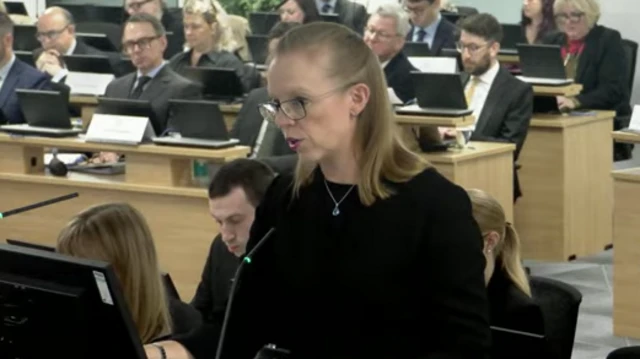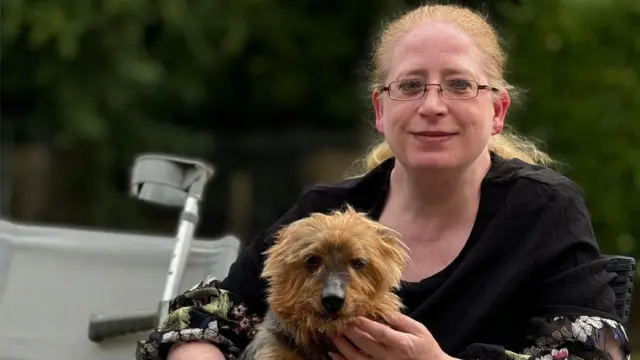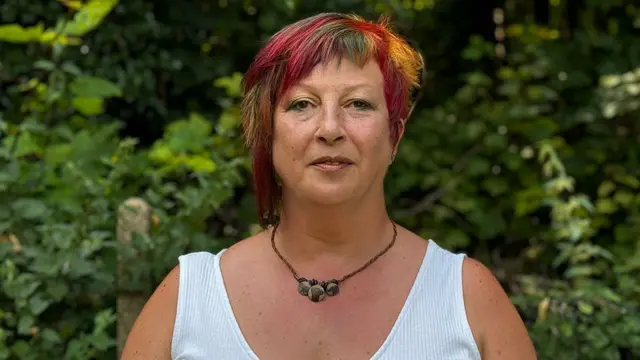Inquiry returns from lunch breakpublished at 13:54 BST 9 September 2024
The inquiry is back after a lunch break. Stay with us as we bring you the latest news lines and analysis.
You can watch the live coverage from the inquiry by clicking the play button above.





